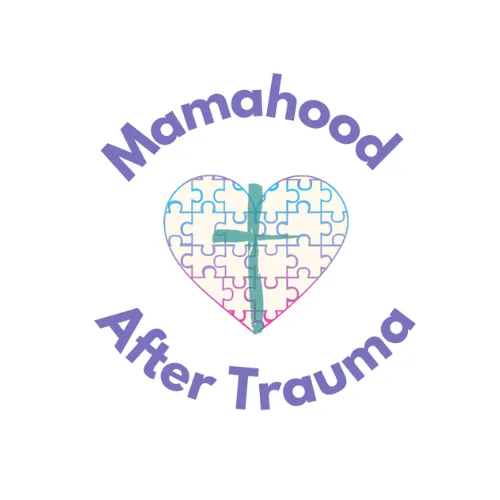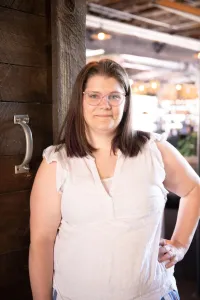
Discover a sanctuary for healing and growth in motherhood with the Mamahood After Trauma Podcast hosted by Emily Cleghorn. Dive into candid discussions and practical tips on parenting amidst trauma recovery.
Join Emily and her guests as they navigate the complexities of raising children while prioritizing personal healing. Find solace, strength, and joy in the beautiful chaos of mamahood after trauma.
Listen now!
Featured Posts

The Unspoken Truth: What Your Partner Wishes You Knew About Trauma
As mothers who have survived childhood trauma, we often focus on our own healing journey. But have you ever wondered what our partners wish they knew about us? How can we bridge the gap between our past experiences and our current relationships?
I recently had the privilege of speaking with Danielle Sebastian, a best-selling author, speaker, and coach who is passionate about advocating for partners navigating relationships impacted by trauma. Her insights shed light on the complexities of connecting with our partners while carrying the weight of our past.

The Impact of Childhood Trauma on Relationships
It's no secret that childhood trauma can cast a long shadow over our adult relationships. Research has shown that couples with a history of childhood abuse often experience:
Lower relationship satisfaction
Higher individual stress symptoms
Weaker emotional bonds
These findings highlight the need to address and heal the impact of our past experiences on our current relationships.
Common Coping Mechanisms That Affect Our Partnerships
As trauma survivors, we've developed coping mechanisms that helped us survive. However, these same strategies can sometimes complicate our adult relationships. Some common coping mechanisms include:
Emotional withdrawal or avoidance
Hyper-independence
People-pleasing and over-accommodation
Distrust and difficulty with intimacy
Fear of abandonment
Recognizing these patterns in ourselves is the first step towards creating healthier relationships.
What Your Partner Wishes You Knew
Danielle shared three key insights that our partners often wish they could communicate to us:
1. They Can Handle the Truth
Many of us fear that if our partners knew our full story, they wouldn't want to stay. But the truth is, our partners want us to know that they can handle the reality of what happened to us. They understand that our past doesn't define who we are today.
2. You Don't Have to Figure It Out Alone
Our partners want to be there for us as we work through our triggers and coping mechanisms. They're willing to learn and grow alongside us, creating a shared understanding of our experiences.
3. Your Emotions Impact Them Deeply
When we withdraw or become defensive, our partners often internalize these reactions, blaming themselves. It's crucial for both parties to recognize triggers for what they are and work together to create a safe space for expressing emotions.
Building Stronger Connections
So, how can we use this knowledge to strengthen our relationships? Here are some practical steps:
Open Communication: Share parts of your story that you feel comfortable with. This helps your partner understand your reactions better.
Collaborative Healing: Work together to identify triggers and develop healthy coping strategies.
Create Safe Spaces: Find ways to express your emotions that don't harm the relationship, such as through journaling or therapy.
Seek Support: Consider couples counseling or support groups for trauma survivors and their partners.
Remember, healing is a journey, not a destination. By involving our partners in this process, we can create deeper, more meaningful connections.
As we navigate the complexities of relationships after trauma, it's important to be gentle with ourselves and our partners. We're all learning and growing together. By fostering open communication and mutual understanding, we can build relationships that are not only surviving but thriving.
What steps will you take today to bridge the gap between your past experiences and your current relationship? Share your thoughts in the comments below – your insight might just help another mama on her healing journey.
Don't miss an episode again!
Subscribe to get updates sent to your inbox!
© Copyright Emily Cleghorn 2024


